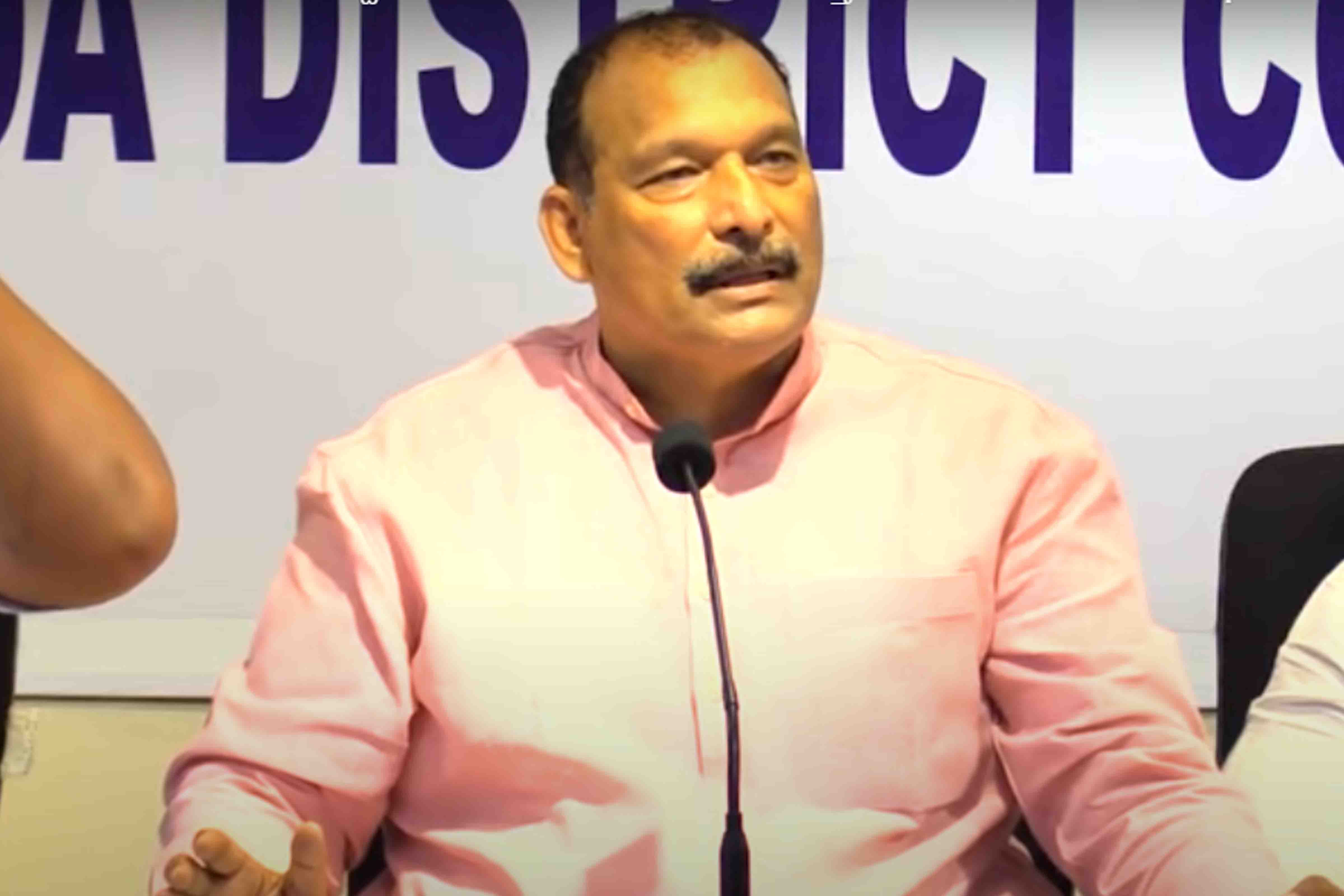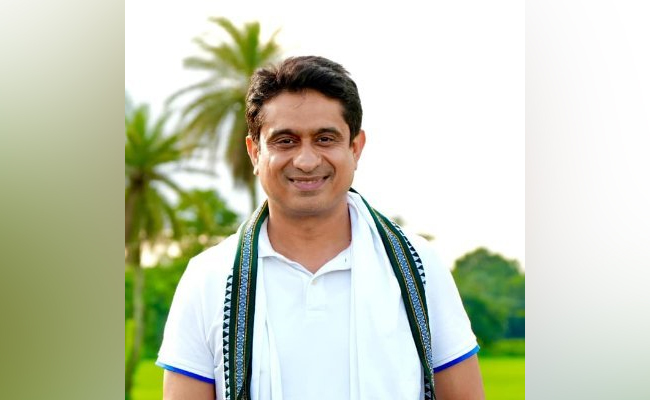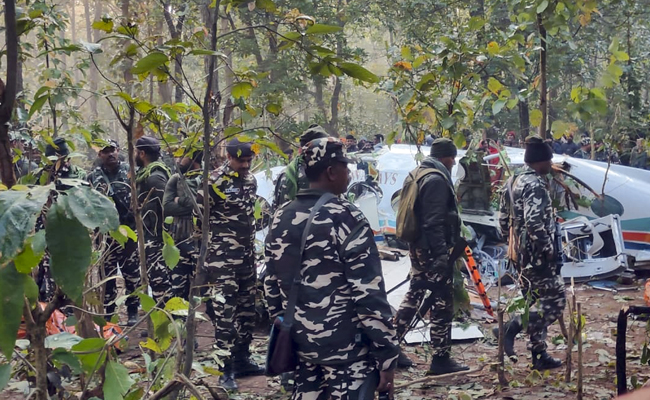Mangaluru, Jun 22: Senior Congress leader and former MLC Ivan D'Souza on Tuesday urged the Dakshina Kannada administration to relax lockdown rules throughout the day in the district in the wake of declining Covid numbers.
Addressing reporters at the district Congress office here, he said bus services must be allowed to resume immediately.
He also demanded a compensation of Rs five lakh to families who have lost one of their members to Covid.
He alleged that the district administration had failed to take decisions on lockdown relaxations at the appropriate time.
All shops must be allowed to function, he said.
D'Souza also said free door-to-door vaccination should be made available to the common man.
Let the Truth be known. If you read VB and like VB, please be a VB Supporter and Help us deliver the Truth to one and all.
New Delhi (PTI): A Leh-bound SpiceJet aircraft returned to the national capital due to an engine issue on Tuesday morning, according to a source.
There were around 150 people on board the Boeing 737 aircraft that was operating the flight SG121, the source added.
When contacted, a SpiceJet spokesperson said a flight operating from Delhi to Leh on Tuesday returned to Delhi after experiencing a technical issue.
"The aircraft landed safely in Delhi, and all passengers were disembarked normally," the spokesperson said in a statement.
The source said the aircraft suffered an engine issue.





